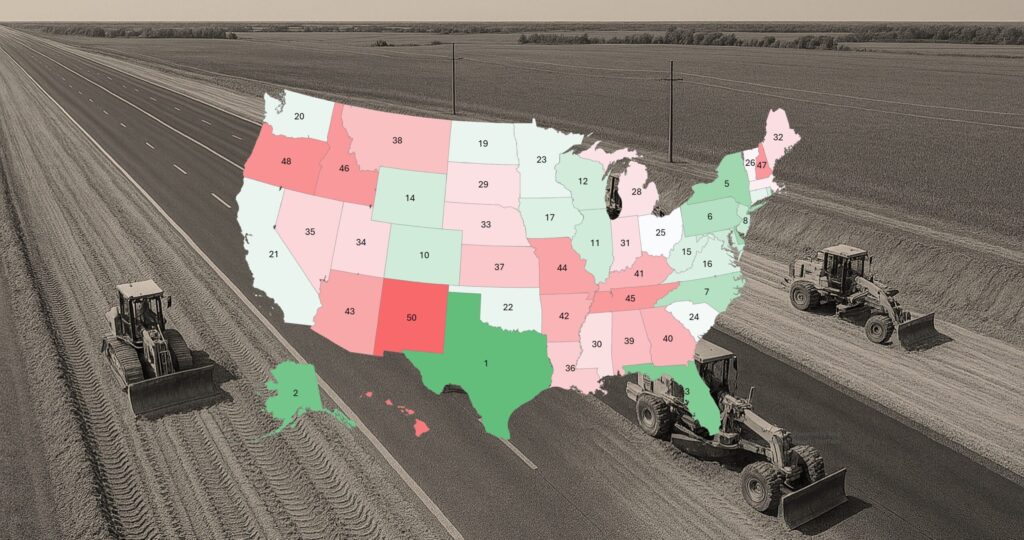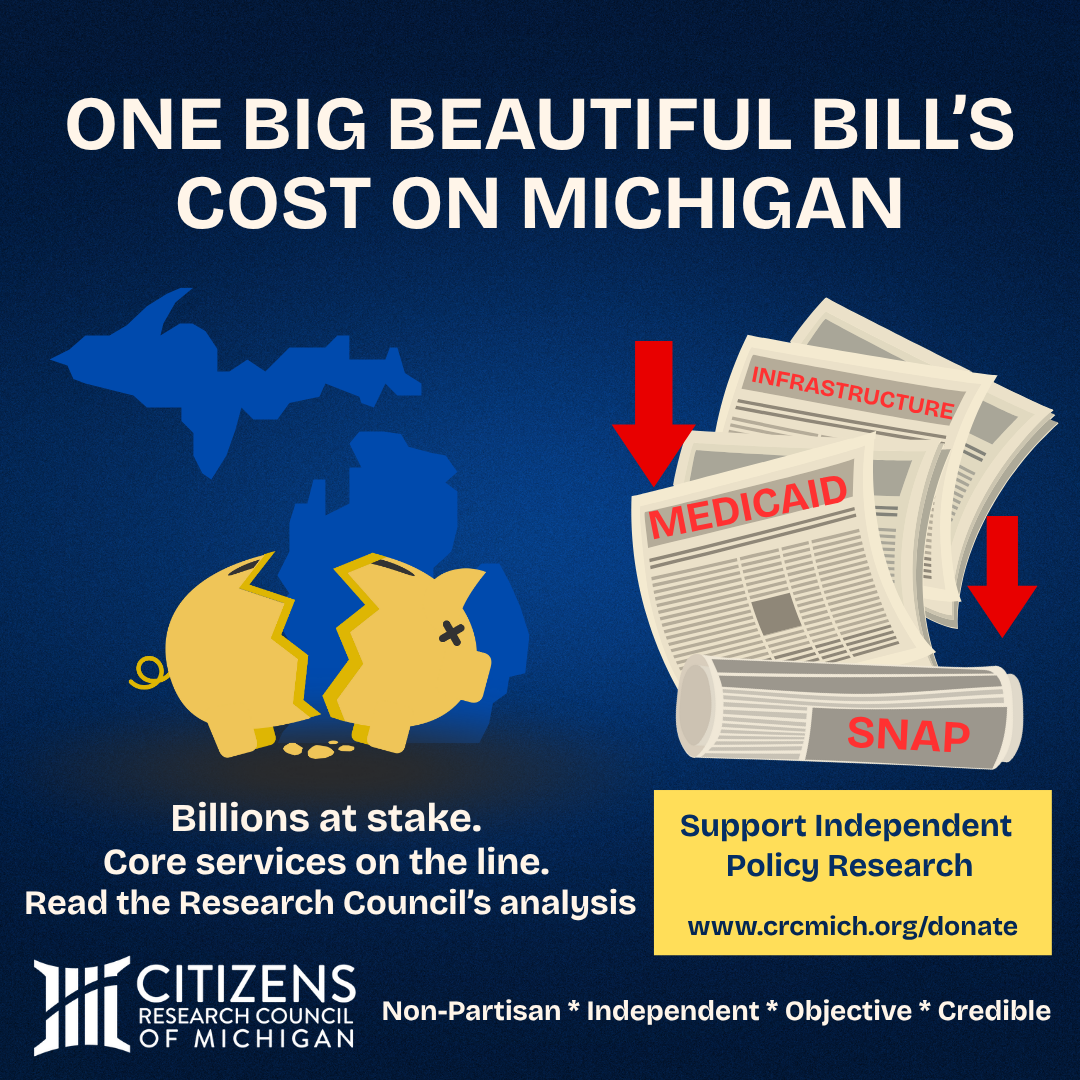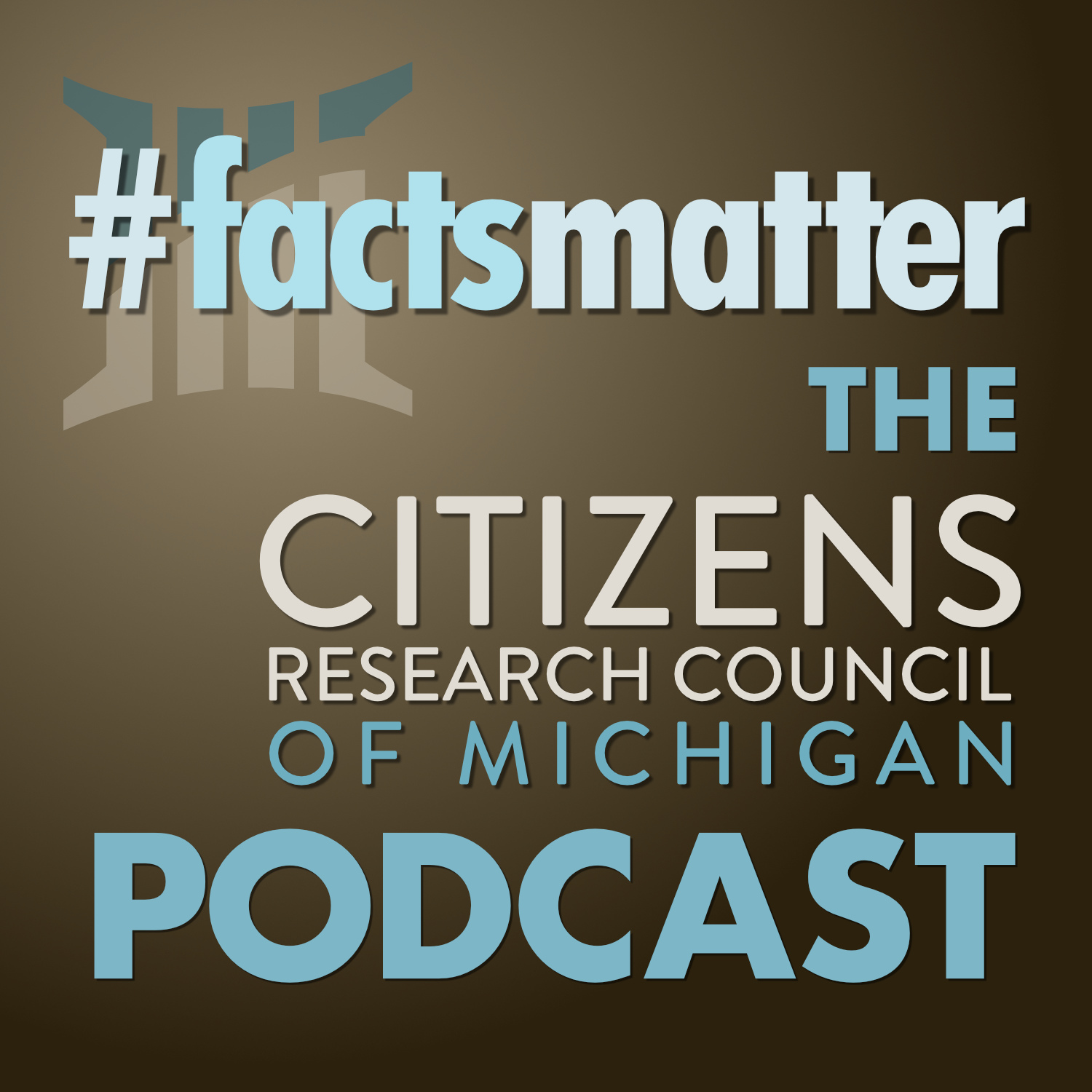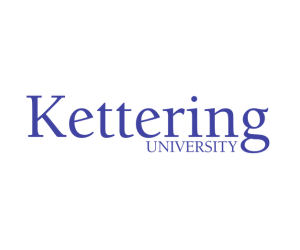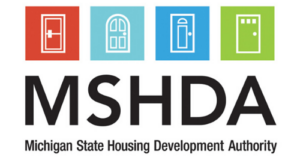
To help inform the road funding policy debates in Lansing and educate Michiganders on this topic, the Citizens Research Council completed a comprehensive assessment of Michigan’s reported funding levels compared to other states. First introduced in June 2024, the Research Council’s State Road Funding Index uses several federal datasets and methods of analysis to create a first-of-its-kind method to quantify and rank each U.S. state’s road funding.
This 2025 update adopts the latest available federal data, resulting in Michigan improving its ranking from 30th to the 28th most well-funded state.
IN A NUTSHELL — Michigan is the 28th most well-funded state in the nation for road funding, according to the 2025 update of the Citizen Research Council’s Road Funding Index. — The Index score and ranking are derived from financial data from all 50 states as reported by the Federal Highway Administration and U.S. Census Bureau. The analysis incorporates ten years of revenue and expenditures, from 2013 to 2022. — While Michigan has struggled to provide adequate revenue in years past, Michigan’s road program is now reasonably well-funded. Policymakers should use this opportunity to evaluate the performance of Michigan’s 615 road agencies and ascertain that funding is being distributed and invested effectively. |
‘One Big Beautiful Bill’ Blows A Billion Dollar Hole In Upcoming State Budget |
IN A NUTSHELL — The OBBBA increases state cost-sharing within two major safety net programs – Medicaid and the Supplemental Nutrition Assistance Program. The changes could increase Michigan’s spending on these programs by over $1 billion by FY2032. — It also implements more favorable tax treatment of certain business expenditures under the federal corporate income tax – changes that will have ripple effects on Michigan’s corporate income tax collections, leading to large and immediate revenue declines ($677 million revenue reduction estimated for FY2026). — These provisions mean the state will need to cut around $1.1 billion in General Fund/General Purpose appropriations from the FY2026 Executive Budget proposal. By FY2032, OBBBA’s provisions will absorb around 40 percent of expected General Fund revenue growth. |
Listen to veteran television and broadcast journalist Guy Gordon speak with Robert Schneider, senior Research Council associate, about Schneider’s recent paper analyzing the One Big Beautiful Bill Act (OBBBA), the massive federal legislation signed into law last month, touching nearly every corner of the federal government and leaving a $1.1 billion hole in the upcoming Michigan budget. |
|


